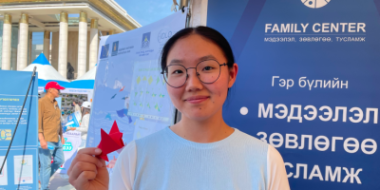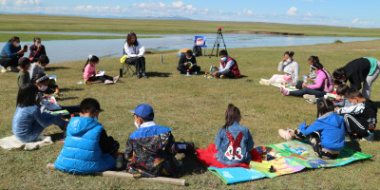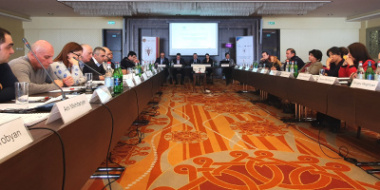Strengthening Enforcement of Court Decisions in Mongolia
Mongolia’s rapid economic and social growth over the last few years is threatened by low-quality and unenforced court decisions. Despite a series of judicial reforms launched by the Government, Mongolia still lacks the legislative framework necessary to enforce court decisions or a strategy to address a growing caseload. Moreover, bailiffs’ inadequate legal knowledge and skills weaken the credibility and efficiency of the judiciary system and impede its proper functioning.










